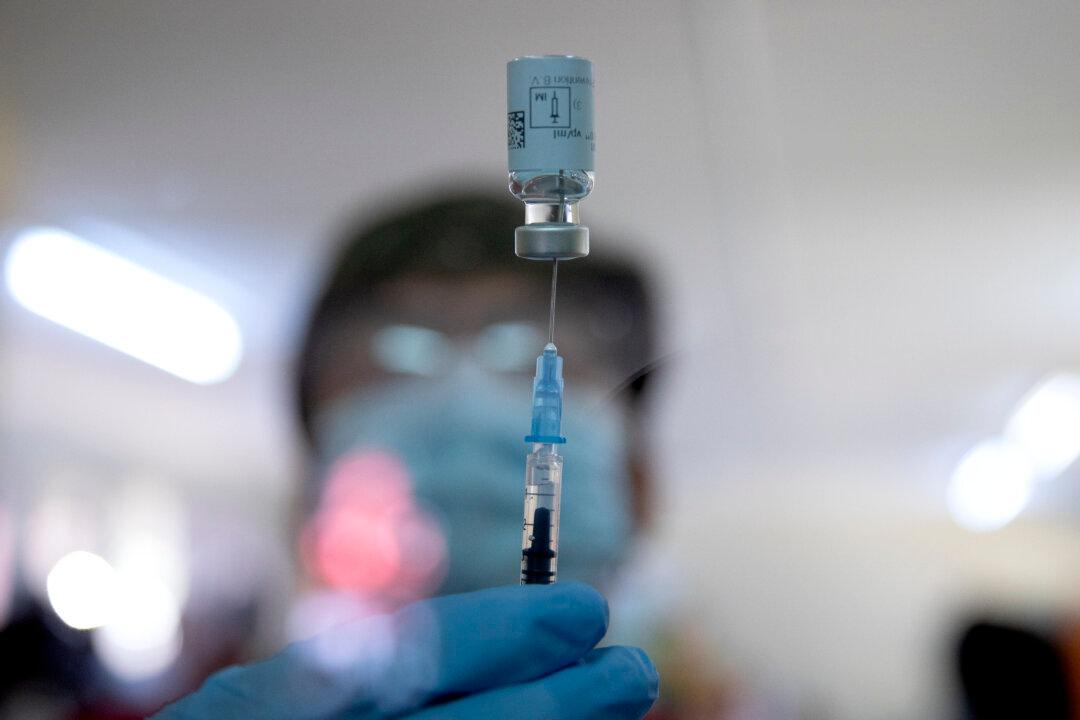A COVID-19 vaccine being considered by drug regulators could help quickly boost the number of Americans getting shots against the CCP (Chinese Communist Party) virus.
Johnson & Johnson is prepared to tell members of Congress on Tuesday that it expects to have more than 20 million doses ready by the end of March to protect against COVID-19, the disease caused by the CCP virus.





